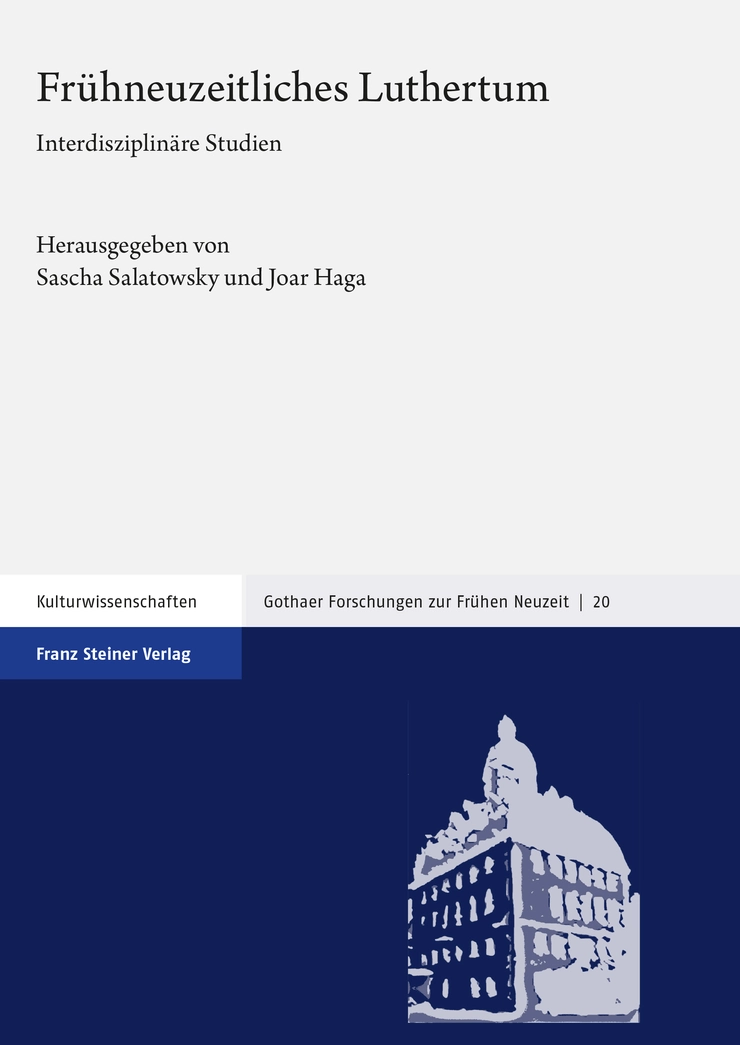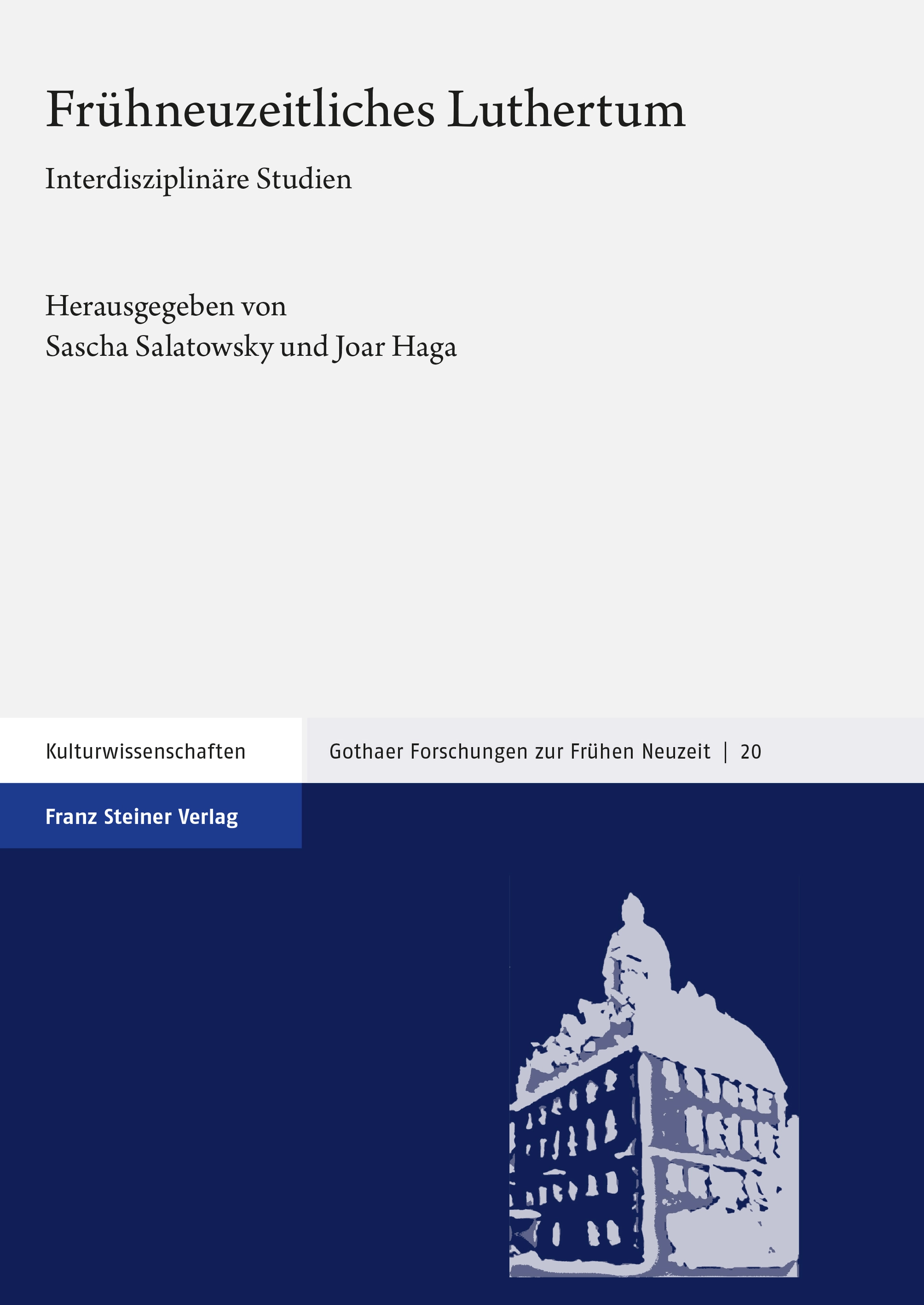It documents important results of the academic network "Lutheran Orthodoxy Revisited. Denominational patterns between identity commitment and cosmopolitanism", which discussed the question of the conceptual version and the historical understanding of a particular form of Lutheranism between c. 1580 and 1750 on the basis of theoretical and practical topoi in a total of five workshops from 2016 to 2019. The network was carried out within the framework of the project "Expansion of the Gotha Research Library into a Research and Study Centre for the Cultural History of Protestantism in the Early Modern Period" (2011-2021), also funded by the German Research Foundation (DFG).
The contributions to the anthology aim to present early modern Lutheranism in its plurality and pluriformity, but also in its idiosyncrasies - as revealed in dogmatics and practice - as well as in the basic views and practices shared with the other confessions. In this way, the integrative character of Lutheranism will become visible, which, with clearly defined basic and cornerstones based on the "identity brand" Confessio Augustana, was able to incorporate different positions and allow certain variances in social, cultural, political and even religious practice. Internal confessional demarcations and disputes thereby present themselves largely within the framework of scholarly discourse, which was concerned with the construction of common foundations.
The contributions come from the fields of church and profane history as well as the history of literature, music, education and ideas. Further information on the anthology and a table of contents can be found on the website of Franz Steiner publishing house. The anthology is published with the kind support of the German Research Foundation.


